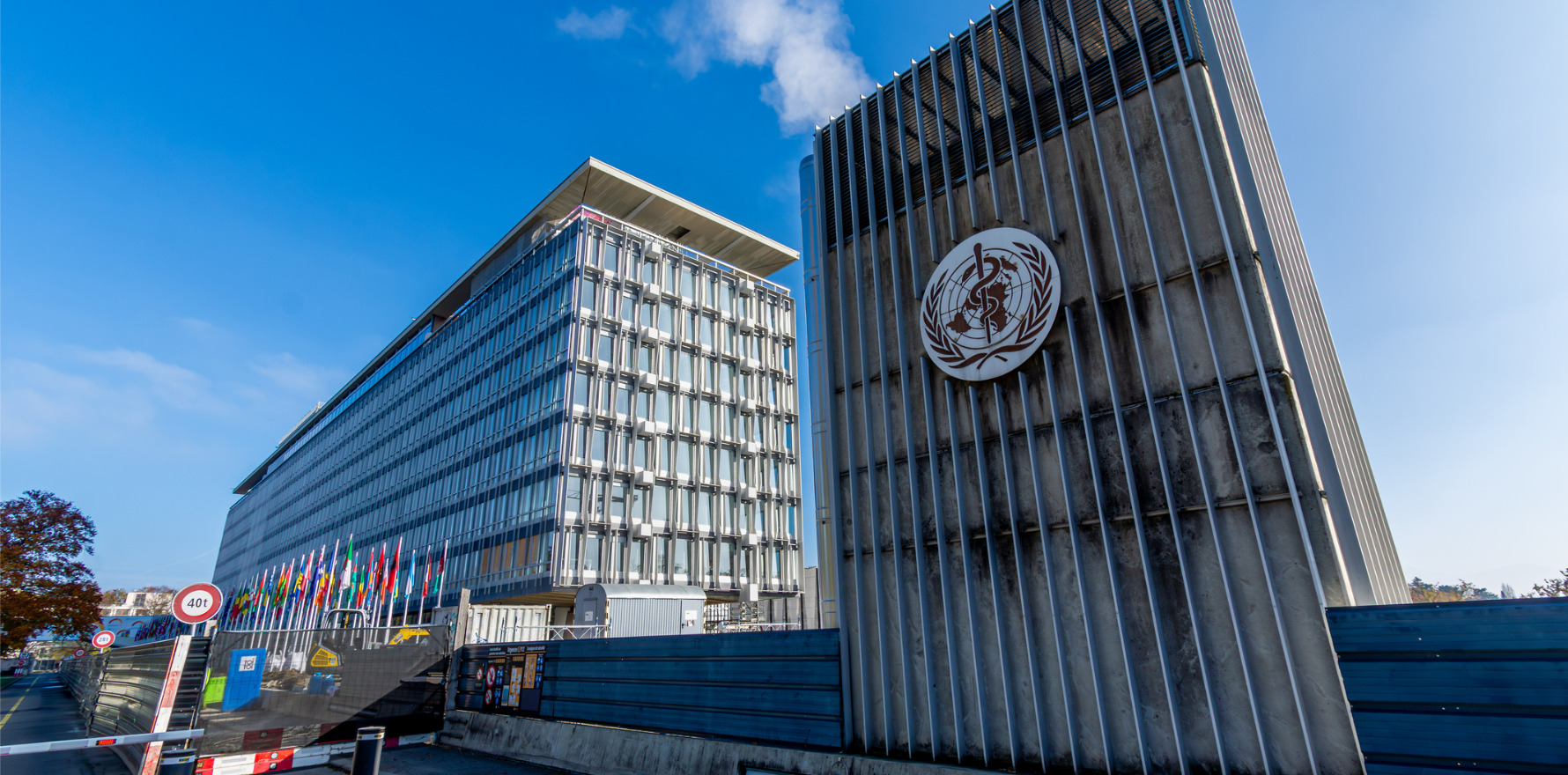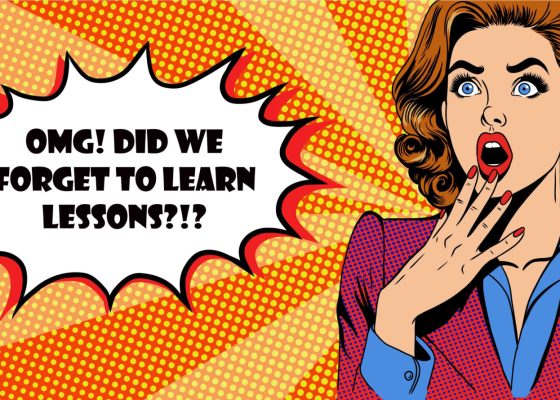Mark Butler says Australia has a ‘collective responsibility’ to protect public health.
After three years, world leaders have agreed to a pandemic accord governing how nations should work together to tackle future disease outbreaks.
The World Health Organization Pandemic Agreement was passed by the WHO Health Assembly in Geneva. The US, which withdrew from the WHO after Donald Trump became president, is not part of the agreement.
Federal health minister Mark Butler said the agreement was “an important step forward”.
“The next pandemic is not a matter of if, but when,” he said.
“We have a collective responsibility to protect public health in all of our countries.”
While the Agreement has been adopted by the World Health Assembly, there are further steps remaining to finalise technical details, according to a statement from the Department of Health, Disability and Ageing.
“Australia will only commence our treaty making process after the Agreement opens for signature, which is not expected until at least mid-2026,” it said.
Related
“Once the Agreement has entered into force, Australia and our region will be better positioned to reduce pandemic risks and respond swiftly if a pandemic occurs, saving lives and mitigating the impacts on our economies.
“Australia will retain full sovereignty in making public health decisions which promote the interests of Australians.”
Australia served as vice-chair of the Intergovernmental Negotiating Body for the Pandemic Agreement, representing the Western Pacific region.
“We need international cooperation on health to help keep Australia, our region, and the world safe,” said the minister for foreign affairs, Senator Penny Wong.
“The adoption of the WHO Pandemic Agreement demonstrates the value of the international community working together to find solutions to shared global challenges.”




